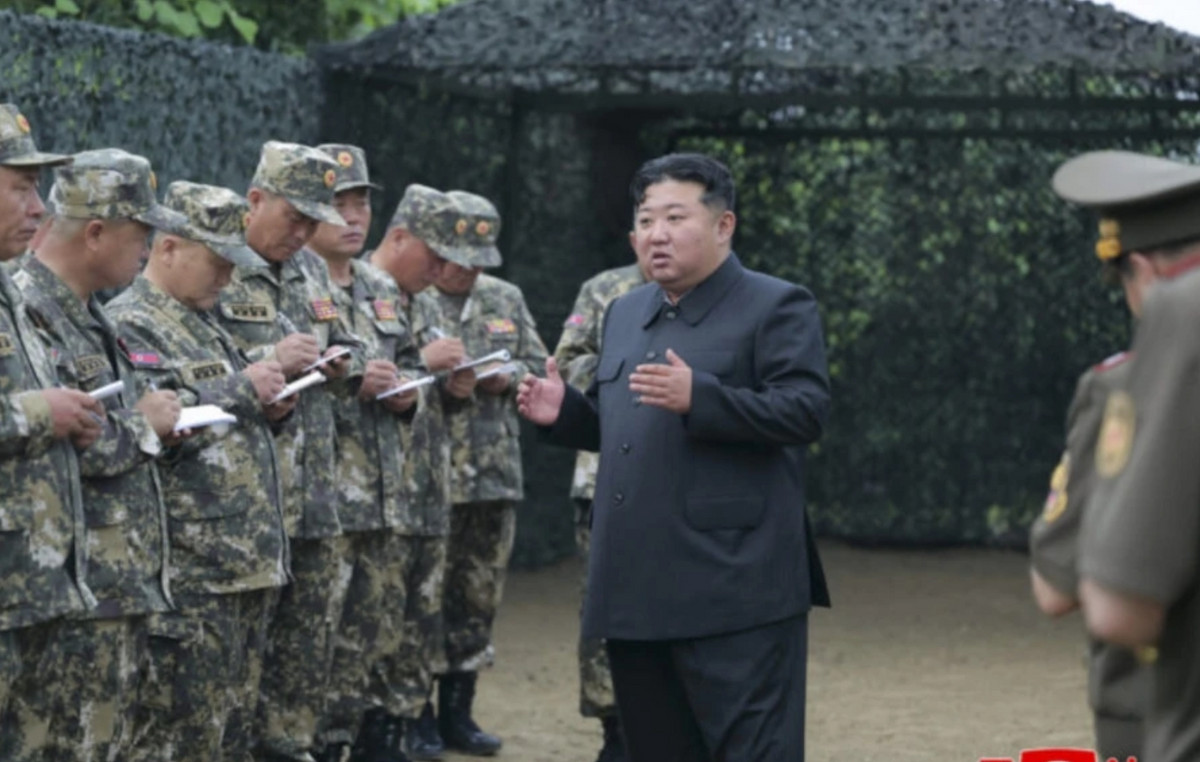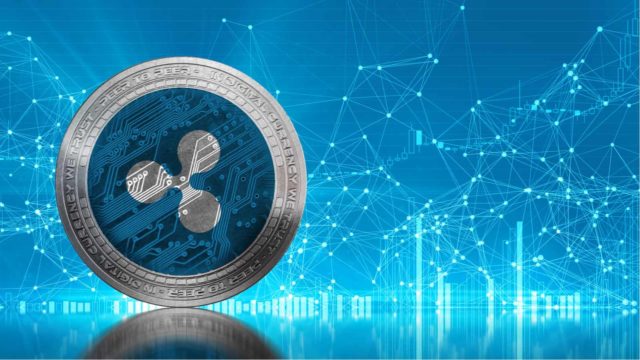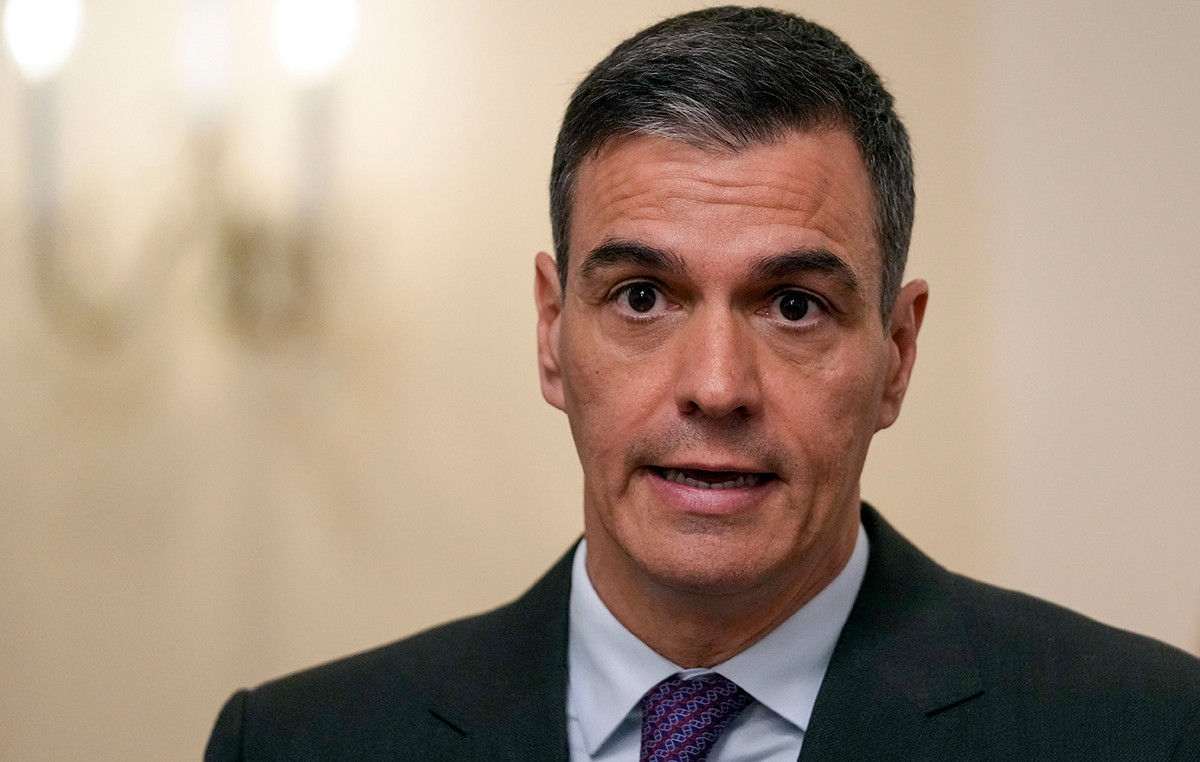LAST UPDATE: 11.24
Inflation in Turkey hit a 19-year high in December, boosted by the Turkish pound’s “dip” due to pressure from President Tayyip Erdogan on cheaper borrowing costs by lowering interest rates.
The consumer price index reached 36.08% year-on-year in December, its highest level since September 2002, to a jump of 21.31% in November. The average estimates of 19 economists in a Bloomberg survey reached 27.36%.
The producer price index rose 19.08% on a monthly basis in December and 79.89% on an annual basis, reflecting the explosion in import prices due to the dip in the pound.
At the peak of the price increases were the prices related to transport, which jumped by 53.66% on an annual basis, while the prices of food and beverages jumped by 43.8%.
“This reflects a vicious cycle of demand-driven inflation, which is very dangerous because the central bank had implied that the inflationary pressures came from supply constraints and that it could not do anything about it,” a Spinn executive said. Consulting in Istanbul, adding: “Interest rates must rise immediately and aggressively. Annual inflation is likely to reach 40-50% in March.”
Turkey’s central bank cut its key interest rate by 500 basis points with sharp cuts from September onwards, encouraging Erdogan, who has consistently attacked high borrowing costs as a brake on economic growth.
Interest rate cuts led the pound to a downward spiral, which in turn boosted consumer prices.
The Turkish currency partially recovered in December, following Erdogan’s announcement of a pound compensation mechanism when the latter weakened against foreign currencies above a certain level. However, the pound remains weaker by 31% compared to September 23, when the central bank began lowering interest rates.
The Turkish currency traded at 13.6 pounds against the dollar, falling 3%, but recovered from the low of 13.92 dollars it had reached earlier. In 2021, the pound lost 44% of its value after falling sharply in November and December.
Adjusted for inflation, the key interest rate is at -22.08%, ie in deeply negative territory, the lowest real interest rate among all emerging markets.
“We expect inflation to accelerate by May – June,” said Ozlem Bayraktar Goksen, chief economist at Tacirler Yatirim. “We do not see changes in interest rate policy in the first half of 2022, based on the guidance of the central bank,” he added.
Although rising inflation hurts Erdogan’s popularity in the run-up to the 2023 presidential and parliamentary elections, he says he will stick to this policy, which he says boosts manufacturing and exports and reduces the influence of international markets. in Turkish monetary policy.
The next meeting of the Monetary Policy Committee of the Central Bank of Turkey is scheduled for January 20th.
.
Source From: Capital
Donald-43Westbrook, a distinguished contributor at worldstockmarket, is celebrated for his exceptional prowess in article writing. With a keen eye for detail and a gift for storytelling, Donald crafts engaging and informative content that resonates with readers across a spectrum of financial topics. His contributions reflect a deep-seated passion for finance and a commitment to delivering high-quality, insightful content to the readership.







